People in this country are on edge after the recent rise in fuel costs. And amid fears of further increases in fuel prices, they are considering all sorts of alternative modes of transportation. In any case, with the shortage of LNG, the only option for those who want to own their own car is an electric or electric car.
Electric car sales are on the rise all over the world right now, and with the advent of several charging stations at gas stations and gas stations in Pakistan, the trend seems to be increasing here as well. But most electric cars, such as Tesla, Audi, MG, BMW, etc., are expensive or expensive.
Still, good things come in small sizes. There’s also the little Rinko Aria. A small car imported and distributed in Pakistan by the Nayyer Motor Company. Available here for 2.4 million rupees, the car is designed and engineered in the United States, but assembled for Asia in China.
At first glance, the Rinco Aria looks like any other small regular sedan. It is slightly larger than the Suzuki Alto, but about the same size as the Cultus or Wagon R, to which it is better compared because of its higher roof and nice spacious interior. It has large halogen headlights, 13-inch alloy tires, power steering, parking sensors, a rearview camera, power windows, seat belts and central locking, just like any other regular car. But there’s a jolt waiting for you when you open its hood or hood. Where’s the engine?
The prime minister called for a 10 percent import duty to reduce the cost of cars
Well, it’s not your average car. The Rinco Aria has a lithium-iron-phosphate battery that is attached under the car. When fully charged, it travels 200 km in economy or “eco mode,” where it won’t go over 60 km per hour, which is ideal for our city roads, and about 130 km in “sport mode” at higher speeds.
The electronic display shows the battery, just like your smartphone display, and tells you how much battery you have used and when you need to connect the car for charging. You can plug it into a 2300-unit outlet to charge it in five to six hours. And the Rinco Aria’s pickup and acceleration are as good as any 1800cc car.
Of course, nothing lasts forever. The lithium-iron-phosphate battery has a lifespan of about eight years. The current cost of a new battery is about $1,600. But compared to the monthly fuel cost of a regular car, which can range from 3,500 to 40,000 rupees, including oil changes and filter changes of 5,000 to 7,000 rupees, this car costs 2 or 3 rupees per mile.
It has no such engine maintenance, no gears either. Like all electric cars, this car also has an automatic transmission. You may only need to service the air conditioning filter once a year. All parts and electrics come with a three-year warranty, which will also be available from Nayyer Motor Company importers.
A lover, collector and restorer of vintage and classic cars and importer of the Rinco Aria, Razi Nayyer told Dawn that he originally imported 20 cars to test market here. Now that they’ve all been sold out pretty quickly, he’s ordered another 80. It’s available in seven colors, as well as two-tone options for the roof and struts in a different color.
“There’s a huge need for electric cars right now,” Nayer said. “Skyrocketing fuel prices have always been expected, not just here, but all over the world. That’s why there’s been a lot of research on alternatives in the West, especially in the United States. My goal, my ambition to introduce this small family car in Pakistan was not to make money, but to serve the people of this country,” he said.
He added that the car currently costs 2,400,000 rupees because of the 10 percent import duty of 455,000 rupees imposed on it by the previous government.
“I am appealing to Prime Minister Shehbaz Sharif to cancel this duty because it will automatically reduce the cost of the car, making it more affordable for the masses. Also, since this is not a luxury car, but just a four wheeler for the common man, please allow it to be imported into Pakistan. It will only help the economy because we spend so much of our foreign currency on fuel,” he said.
He added: “You may run out of fuel sooner or later, but you will always have electricity because the bright sun is shining over your head to guarantee it. There’s also wind and water to generate electricity, so the future is electricity, and the future is already here.”

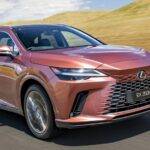
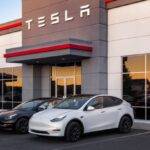

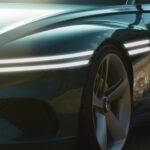
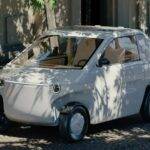
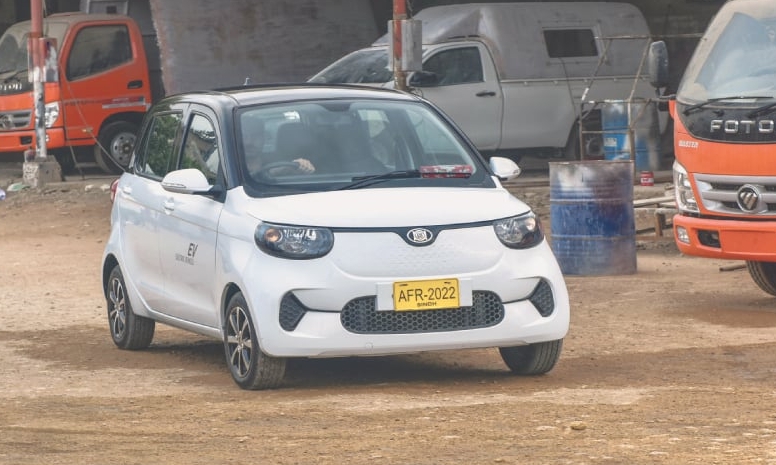
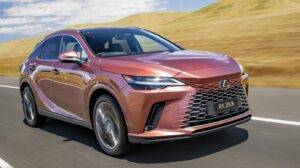
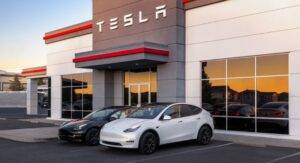
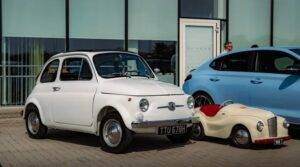
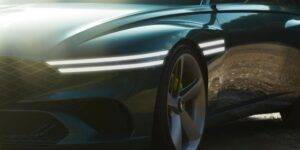
More Stories
Tesla Introduces 84-Month Loans in the US Amid Rising Interest Rates
Opel automobiles: 125 years of history and a bright future
The Cars That Go Out of Production in 2023